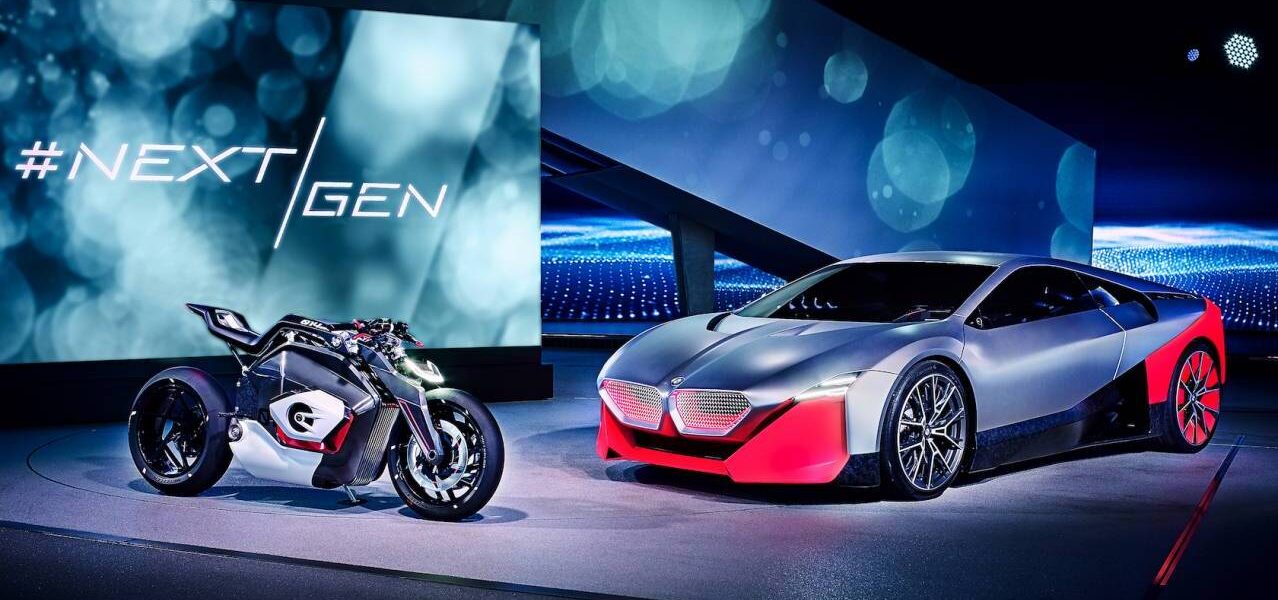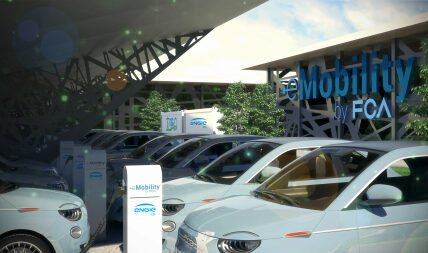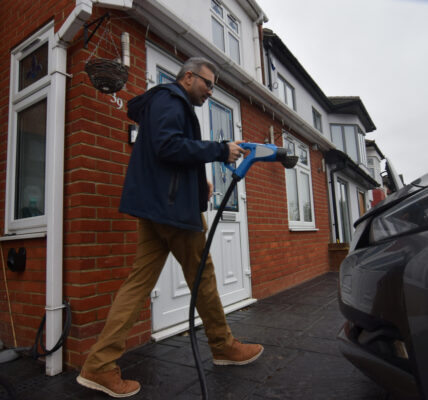BMW like many other German car manufacturers, it is hedging its bets by designing cars that can be powered by gasoline and diesel engines, hydrogen fuel cells, plug-in hybrid technology, or battery electric powertrains. The car companies say such an approach gives them flexibility to meet the ever shifting demands of new car buyers, but many critics say it shows a lack of commitment to the EV revolution.
But better days are coming, says Oliver Zipse, CEO of BMW. He claims the company will have 25 electrified models on sale by the end of 2023 and half of those will be full battery electrics like the new iX3 which is being manufactured in China. To meet the demand for batteries, Zipse says BMW has signed a $2 billion contract with Northvolt, the Swedish battery manufacturer founded in 2016 whose factory is located in northern Sweden. Battery cells from Northvolt are expected to become available in 2024.
Andreas Wendt, BMW board member responsible for purchasing and the company’s supplier network, says in a press release, “Northvolt is the third battery cell supplier we have partnered with, alongside our existing partners, CATL and Samsung SDI. Signing this contract is another step towards meeting our growing need for battery cells in the long term. “We are systematically driving electrification of our vehicle fleet.”
He adds that all battery supply contracts entered into by BMW are the result of global competition among the leading manufacturers from both a technology and a business perspective. “This ensures we always have access to the best possible cell technology,” Wendt says.
Earlier this month, Zipse said BMW is taking sustainability “to a whole new level.” Since 40% of the emissions associated with manufacturing an electric car are attributable to making the battery, BMW insists that all its battery suppliers use nothing but renewable energy to produce their battery cells.
“To make an effective contribution to climate protection, we aim to improve our products’ overall environmental balance — from resources to recycling. This applies in particular to energy-intensive production of high-voltage batteries for electric vehicles. That is why we now have a contractual agreement with our cell manufacturers that they will only use green power to produce our fifth-generation battery cells. As volumes increase, the use of green power will save around ten million tons of CO2 over the next decade. For comparison, that is roughly the amount of CO2 a city of over a million inhabitants, like Munich, emits per year,” says Zipse.
To achieve those sustainability goals, BMW and Northvolt will source the cobalt and lithium for the batteries supplied to BMW from mines that fulfill the high sustainability standards. That will ensure the full transparency of the origin of raw materials. Compliance with environmental standards, respect for human rights, and reducing their carbon footprint are top priorities for both companies. “Sustainability is an important aspect of our corporate strategy and plays a key role in expanding electromobility,” says Wendt. The BMW Group will also no longer use rare earth minerals in its fifth generation electric drivetrains beginning in 2021.
At the BMW Battery Cell Competence Center in Munich, the company is constantly experimenting with advanced battery cell technologies which then get introduced into the production process. The Competence Center’s main mission is to closely analyze all battery cell prototypes so company engineers can fully understand how different battery cells will create value for the company.
Going forward, Zipse says global sales of BMW electrified cars should increase by an average of 30% every year. In Europe, electrified cars are expected to account for a quarter of all new car sales in 2021, a third by 2025, and half of all sales come 2030.







